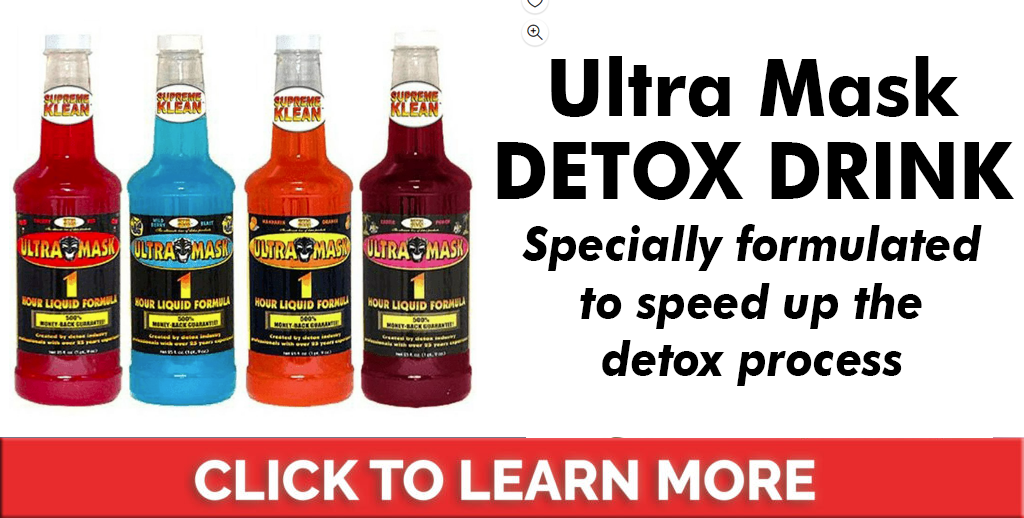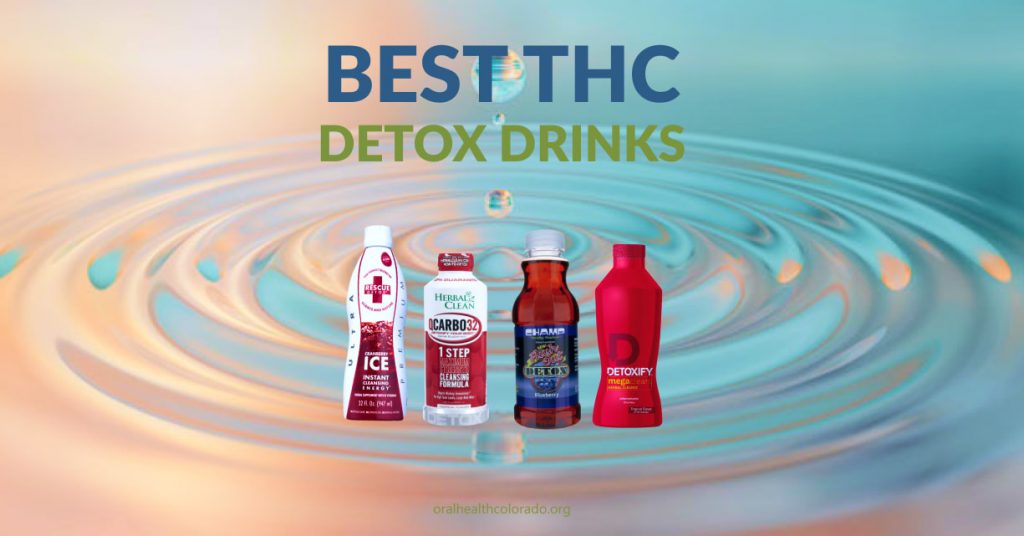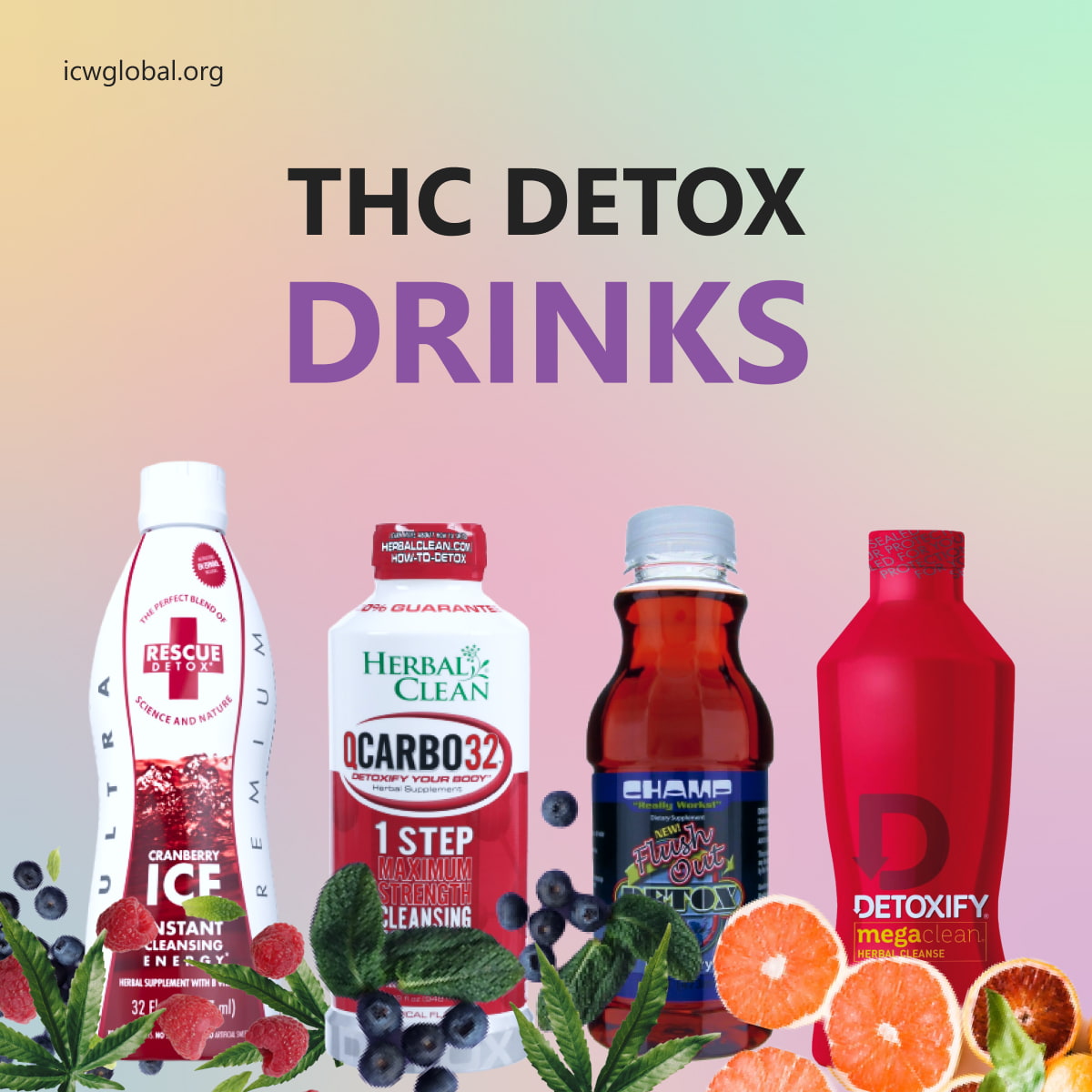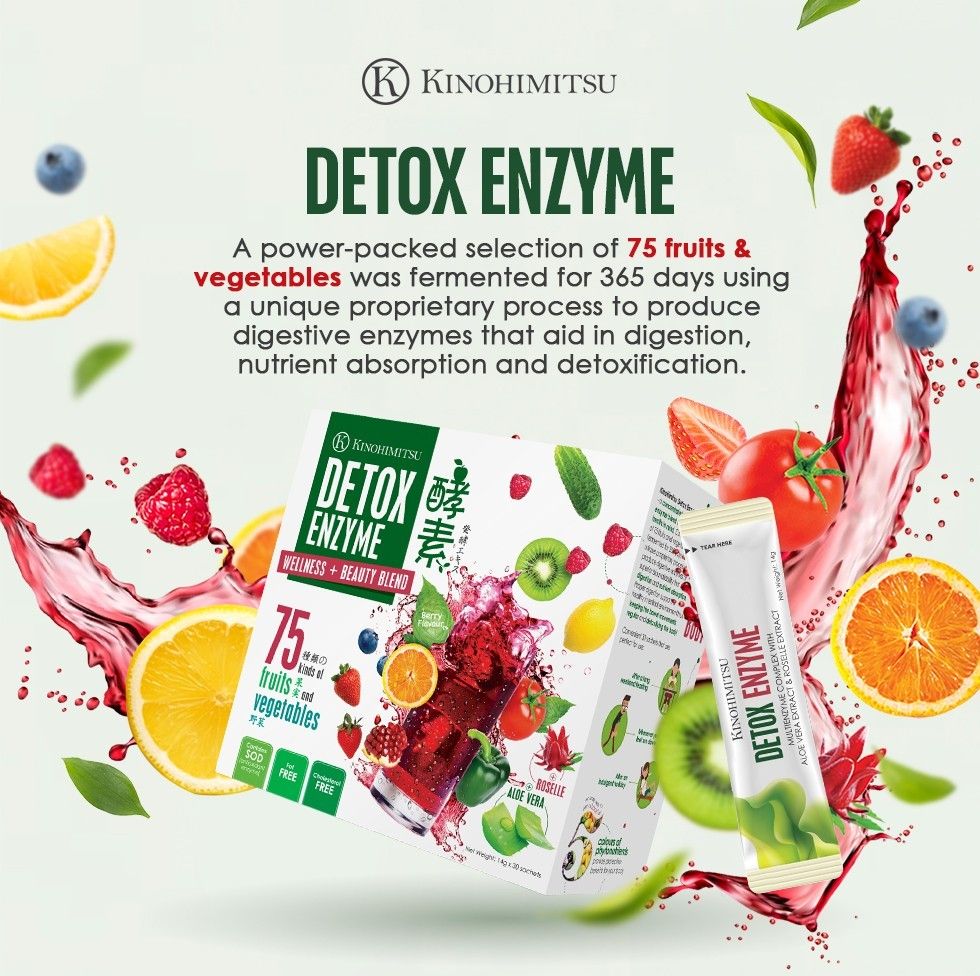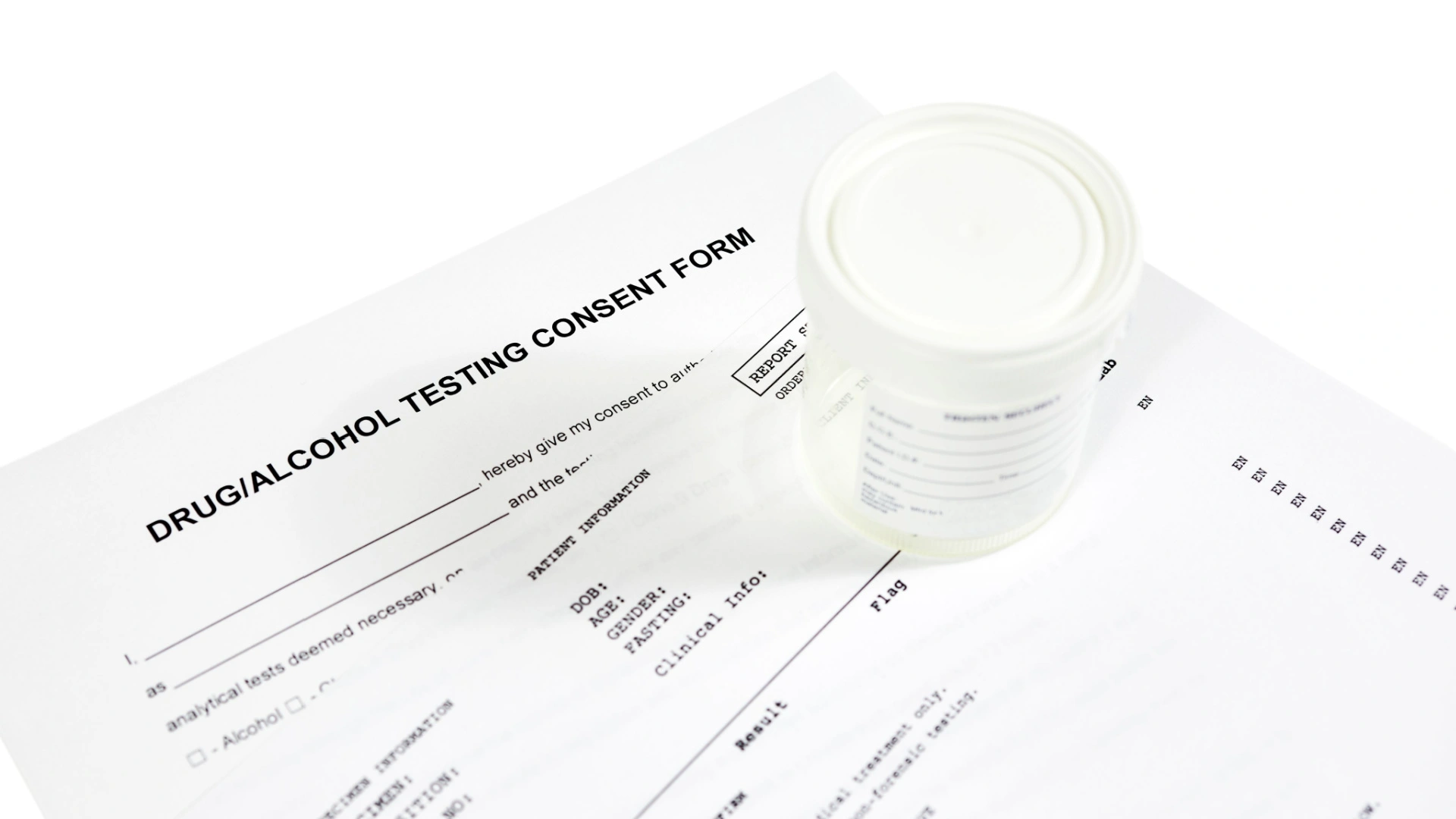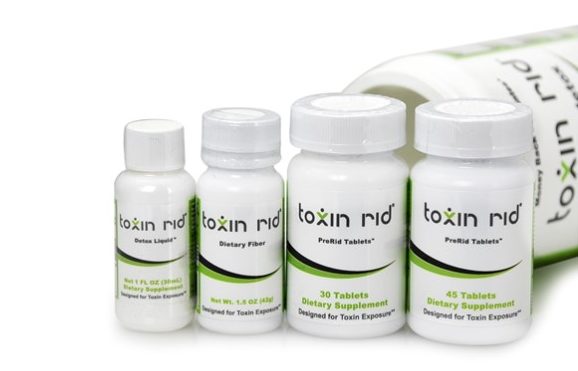Best Detox For Drug Test 2025

The stakes surrounding drug testing have never been higher. Careers, legal freedoms, and even athletic eligibility hang in the balance, fueling a relentless search for the "best" detox solution. As 2025 approaches, the landscape of detox products and methods is evolving, marked by advancements, persistent myths, and ongoing debates regarding efficacy and safety.
This article delves into the current state of drug detoxification strategies used to pass drug tests, separating evidence-based approaches from unproven claims. We will examine emerging research, regulatory considerations, and expert opinions, providing a balanced perspective on a complex and often misleading topic. The aim is to equip readers with the knowledge necessary to make informed decisions, recognizing the potential risks and limitations associated with various detox methods.
Understanding the Challenge
Drug tests detect the presence of drugs or their metabolites in bodily fluids, primarily urine, blood, saliva, or hair. The detection window varies depending on the substance, frequency of use, and individual metabolism.
Common substances tested for include cannabis, opioids, amphetamines, cocaine, and alcohol. The goal of any detox strategy is to either eliminate the drug from the system or mask its presence below the detectable threshold.
Debunking Detox Myths
Many marketed "detox" products make exaggerated claims of rapid and complete drug elimination. These often involve herbal supplements, teas, and special diets purported to flush toxins from the body. However, scientific evidence supporting the effectiveness of these products is often lacking.
According to the National Institute on Drug Abuse (NIDA), true detoxification is a medical process used to manage withdrawal symptoms and does not guarantee a negative drug test. Relying solely on unproven detox products can be risky and may provide a false sense of security.
Furthermore, some products contain diuretics or masking agents that may be detected as adulterants, leading to a failed test or legal consequences.
Evidence-Based Detox Strategies
The most effective method for passing a drug test is abstinence. Allowing sufficient time for the body to naturally eliminate the drug is the safest and most reliable approach.
Factors influencing elimination time include metabolic rate, body mass, and the specific drug in question. Consulting with a medical professional can provide a more accurate estimate based on individual circumstances.
Hydration and Exercise
While not a guaranteed solution, adequate hydration can help dilute urine, potentially lowering the concentration of drug metabolites. However, excessive water intake can lead to a diluted sample, which may raise suspicion or require a retest.
Regular exercise can help burn fat cells where some drugs, like cannabis, are stored. However, it's crucial to avoid intense exercise in the days leading up to the test, as this could release stored metabolites and increase detection levels.
Medical Detoxification
For individuals struggling with drug dependence, medical detoxification is a supervised process involving medication and supportive care. This approach is crucial for managing withdrawal symptoms and ensuring safety.
However, medical detox primarily focuses on managing withdrawal, not necessarily on rapidly eliminating drugs for the purpose of passing a test. It's a vital step in recovery but shouldn't be mistaken for a quick fix.
The Role of Synthetic Urine and Adulterants
Synthetic urine is a manufactured substance designed to mimic the composition of human urine. It is often marketed as a way to circumvent drug tests.
However, laboratories are becoming increasingly sophisticated in detecting synthetic urine. Many tests now include checks for specific markers present in real urine but absent in synthetic products.
Using adulterants, substances added to urine samples to interfere with the testing process, carries significant risks. Laboratories can detect many common adulterants, leading to a failed test and potential legal repercussions.
Emerging Research and Future Trends
Research into more accurate and efficient drug testing methods is ongoing. This includes the development of biosensors and microfluidic devices that can detect drugs with greater sensitivity and speed.
Scientists are also exploring new approaches to detoxification, such as targeted enzyme therapies that could accelerate the breakdown of drugs in the body. However, these technologies are still in their early stages of development.
Regulatory agencies are constantly updating guidelines and standards for drug testing, reflecting advancements in technology and evolving societal concerns. Staying informed about these changes is crucial for both employers and individuals subject to testing.
Expert Perspectives
Dr. Emily Carter, a toxicologist, emphasizes the importance of understanding the limitations of detox products. "Many products are marketed with unsubstantiated claims. Abstinence and medical consultation remain the most reliable approaches," she states.
John Smith, a lawyer specializing in drug testing regulations, advises individuals to be aware of the legal consequences of attempting to cheat a drug test. "Tampering with a drug test can result in severe penalties, including fines, job loss, and even criminal charges," he warns.
Maria Rodriguez, a substance abuse counselor, highlights the importance of addressing the underlying issues contributing to drug use. "Focusing solely on passing a drug test without addressing the addiction is a short-sighted approach. Seeking treatment and support is essential for long-term recovery," she explains.
Navigating the Detox Landscape in 2025
As we approach 2025, the "best" detox for a drug test remains a complex issue. The allure of quick fixes and miracle solutions persists, but scientific evidence consistently underscores the importance of abstinence and informed decision-making.
Understanding the limitations of detox products, staying informed about regulatory changes, and seeking professional guidance are crucial steps. For individuals struggling with substance use, prioritizing treatment and recovery is the most effective and ethical path forward. The landscape of drug testing is constantly evolving, demanding a critical and evidence-based approach.

